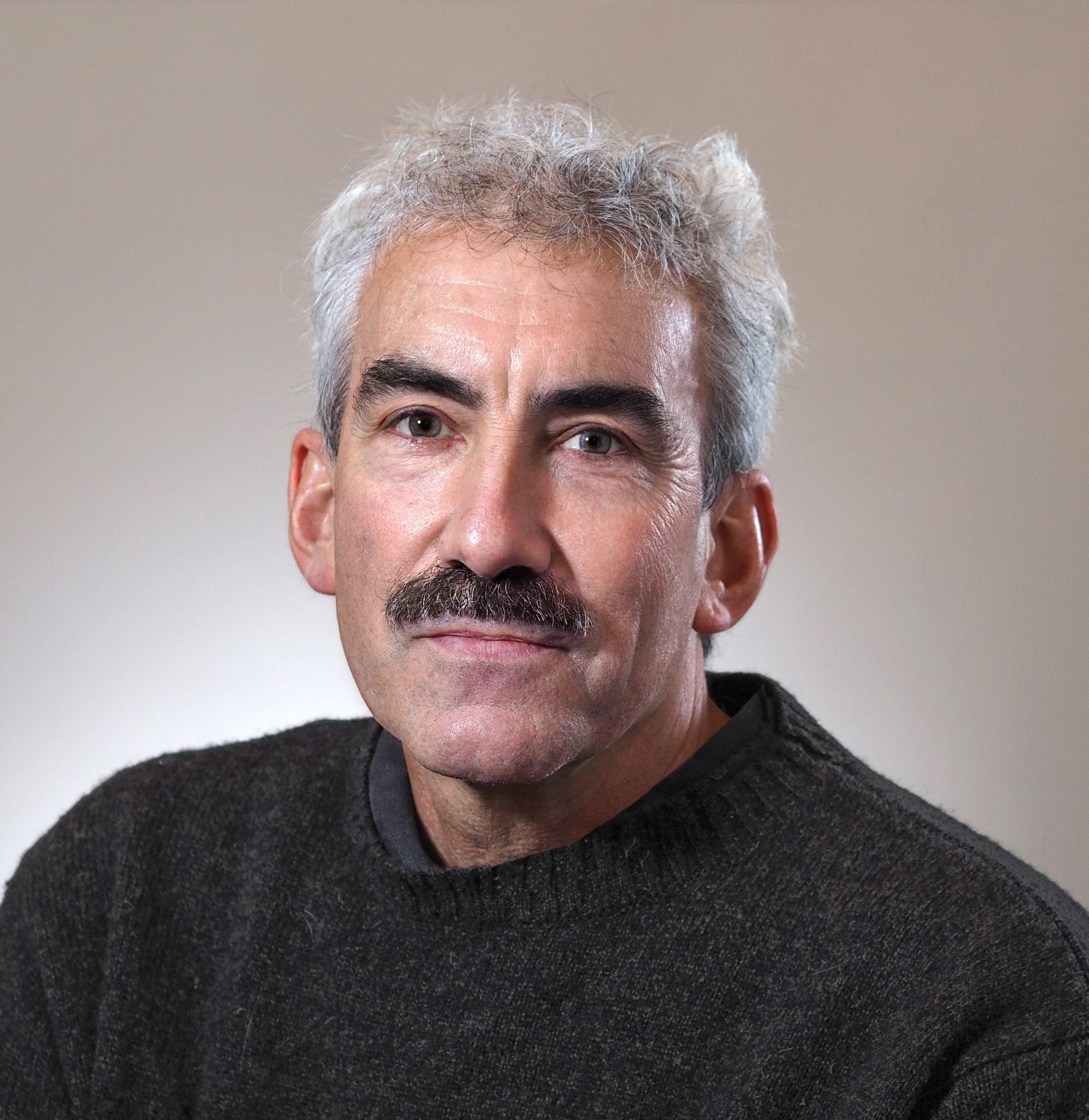Biography
George Loewenstein is the Herbert A. Simon University Professor of Economics and Psychology at Carnegie Mellon University, and currently hold visiting professor positions at the London School of Economics and Political Science, the Arctic University of Norway (in Tromsø, Norway), and at the BRIQ Institute on Behavior and Inequality, at the University of Bonn, Germany. He received his PhD from Yale University in 1985 and since then have held academic positions at The University of Chicago and Carnegie Mellon University, and fellowships at Center for Advanced Study in the Behavioral Sciences, The Institute for Advanced Study in Princeton, The Russell Sage Foundation, the Institute for Advanced Study (Wissenschaftskolleg) in Berlin and the London School of Economics. He is past president of the Society for Judgment and Decision Making, and a fellow of the American Academy of Arts and Sciences. His research focuses on applications of psychology to economics and, more recently, applications of economics to psychology (e.g., economic analyses of boredom, insecure self-esteem, and of the reluctance to thank and apologize). Specific interests include belief-based utility, the psychology and economics of attention, learning and forgetting, motivational feeling states associated with cognition (e.g., boredom, curiosity and mental effort), intertemporal choice, bargaining and negotiations, psychology and health, law and economics, the psychology of adaptation, the role of emotion in decision making, the psychology of curiosity, conflict of interest, various aspects of sex, unethical behavior, and issues involving research ethics. Find his
CV here, which is organized by topic area. You can also access his publications on
Google Scholar.
Dr. Loewenstein helped to found the field of behavioral economics, the field of neuroeconomics, and was one of the early proponents of a new approach to public policy called, variously, ‘asymmetric’ or ‘libertarian’ paternalism. He has published over 300 journal articles in journals in economics, psychology, law, medicine and other fields, numerous book chapters, have written or edited 6 books on topics ranging from intertemporal choice to behavioral economics and emotions, and have served on the editorial boards of numerous journals in different fields. He served on multiple National Academy of Science and Institute of Medicine Panels, and have advised numerous corporations and governmental organizations, including the NIH, USDA, U.K. Behavioural Insights Team, CVS Caremark, Ascension Health, McKinsey, NPD, Aramark, and many others. He has also served on and chaired over 40 doctoral committees and taught intensive courses in behavioral economics at universities around the world. He has received numerous grants and awards, from government agencies such as the NIH, NSF, USDA, and from foundations, such as the John D. and Catherine T. McArthur Foundation, the Hewlett Foundation, the Russell Sage Foundation, the Rockefeller Foundation, and many others.



